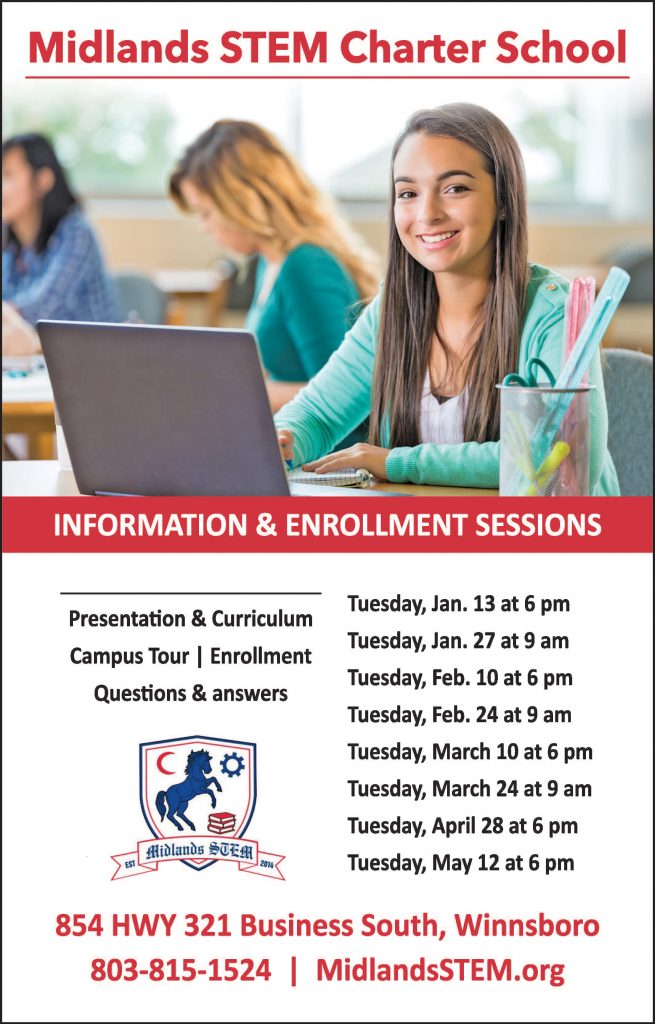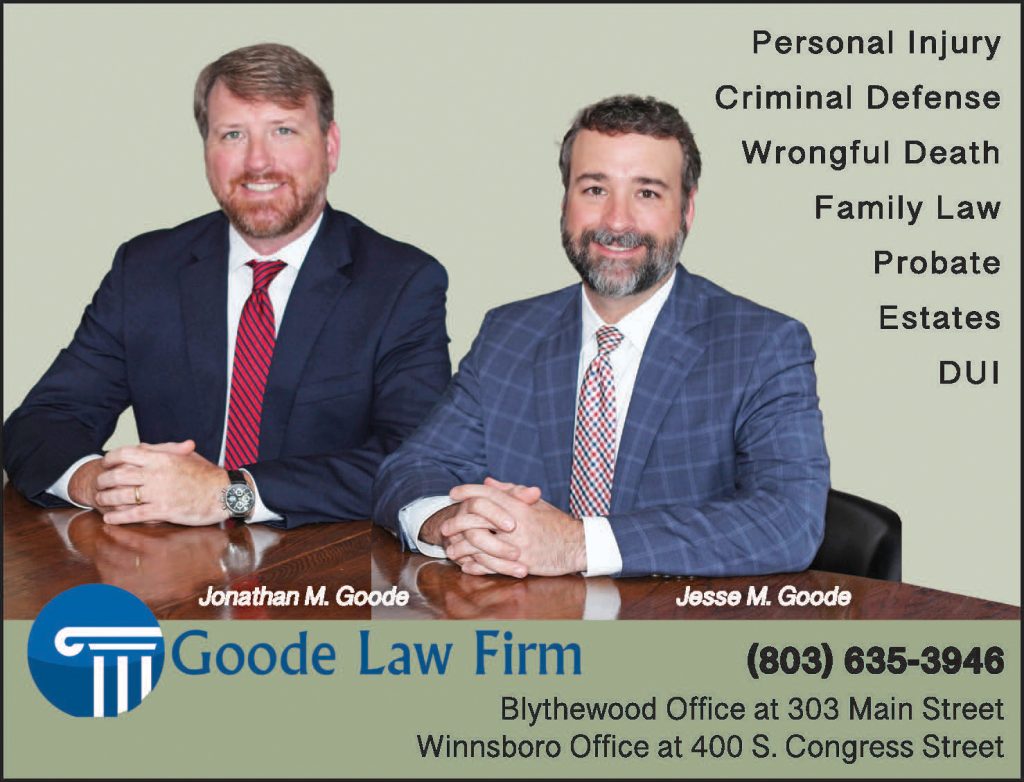Richland Two board members spent almost half an hour debating how items are placed on the agenda.
And that was before the agenda itself was even approved.
After that, the Feb. 26 board of trustees meeting followed a familiar pattern – an overstuffed agenda, persistent questioning and complementing of each other and lengthy executive session – pushed last week’s meeting past the five-hour mark.
As the clock ticked toward 10 p.m., and the meeting approached the second public participation session, Ridge View High School teacher Steve Nuzum approached the podium.
“I’m going to be real brief because I have to be at school in nine hours,” Nuzum joked.
It was the third consecutive time a Richland Two board meeting dragged on until at least 10 p.m. The Feb. 12 meeting clocked it at a whopping 6-½ hours, finally adjourning at 11:30 p.m.
Contrast that to Fairfield County school board meetings, which generally conclude in an hour and a half or less. Fairfield County Council meetings are run even more efficiently, sometimes wrapping up in less than an hour. Winnsboro Town Council meetings sometimes barely last 30 minutes.
The opposite is true in Richland Two where marathon meetings are getting way out of hand, especially given that they’re held on school nights.
At best, these perpetually long meetings are the result of unpreparedness and inefficiency with little in the way of substantive discussions.
The Feb. 12 meeting is a prime example. Trustees discussed ad nauseam a proposed measure to discharge board officeholders “for cause.” One board member who is an attorney called the “for cause” verbiage vague even though the measure was specifically inspired by egregious ethics violations and in one board member’s case, a criminal charge. Had the attorney and other trustees done their homework, they could have turned to state law, which specifically defines the virtually identical phrase “just cause” in 12 different ways. Relevant examples include incompetence, willful neglect of duty, unprofessional conduct and dishonesty. Any one of these behaviors applies to current events.
Our fear is that these prolonged meetings are intentional. When meetings creep into overtime, the public is less likely to stick around. This is an ideal situation for a board like Richland Two, which has received more attention for ethics violations lately than for student achievement. It’s easy to dodge accountability when you outwait the opposition.
There are several ways Richland Two’s board meetings can be curtailed. One involves reigning in special recognitions that have already been recognized in other forums.
The Richland Two board often devotes large chunks of time to presenting awards and accolades. On Feb. 12, the Richland Two board spent more than 20 minutes feting multiple groups of teachers and students, each time prompting photo ops for the board members. The opportunity for self-promotion notwithstanding, these grip and grin moments add to an already lengthy meeting.
The board’s electronic system of voting is highly inefficient as well. It often takes five long minutes or so for board member votes to display on the screen. When there are glitches, which are frequent, the wait for members’ votes to display can be longer. A quick, simple show of hands would do.
Finally, instead of cramming agenda items into one meeting, the board should consider scheduling work sessions. If the Richland Two board requires inspiration, it might consider emulating Fairfield County Council, which frequently holds subcommittee meetings in between biweekly council meetings.
This way, as Fairfield County does, trustees can hash out the details beforehand instead of needlessly debating a single issue for a half hour or more.
When meetings drag on as they have in Richland Two, it undoubtedly takes its toll on trustees. Maintaining focus for five hours or more would challenge the sharpest of minds. On the flip side, groggy eyed board members are less likely to make decisions conducive to good government.











Great article, and right on the money. Last week I drafted two emails to Richland 2 Board members. A wonderful aspect of email is that there is no bottom to the page. I can type just as long as I can stay awake. I decided to “save” those emails for review and later, realizing they were too long and contained too many different issues, I did not send either. Unnecessarily lengthy board meetings was in both emails. A better plan (for me) is to send multiple emails, each on its own subject.
The problem with that, I have been told by a school’s staff in Illinois is, “You send too many emails.”
It seems to me that a good business practice is “one topic, one email”. Then it can be handled, replied to, forwarded or filed. Or discarded without reply, with often happened there.